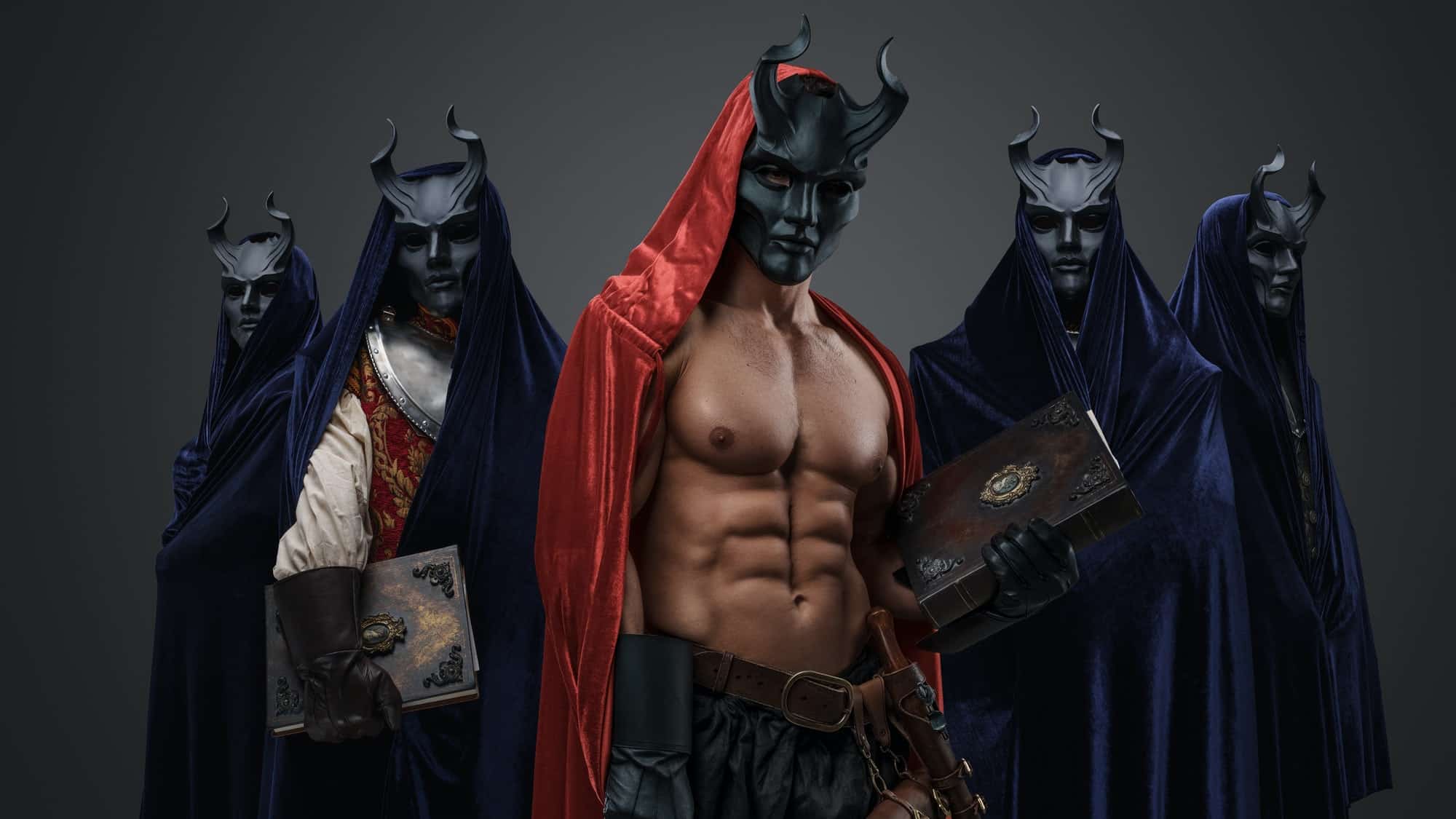How to Build a Cult Brand: Lessons from Successful UK Craft Beer Breweries?

The craft beer industry in the UK has been booming for years, with hundreds of breweries springing up across the country. These breweries, often run by passionate beer enthusiasts rather than seasoned business people, have created a diverse range of high-quality beers that have been embraced by consumers. Interestingly, many of these breweries have not just been successful in terms of sales, but they have also built strong brands that have gained a cult following. Let’s delve into how these breweries have achieved this, and what lessons can be learned for other businesses trying to build a cult brand.
Building a Brand Through Quality and Consistency
The first lesson we can take from these successful breweries is the importance of quality and consistency. In a market saturated with different varieties of beer, it’s the breweries that consistently produce high-quality beers that stand out.
Avez-vous vu cela : What Are the Effective Strategies to Improve Health and Safety in UK Construction Sites?
A good example of this is the Beavertown Brewery in London. Founded in 2011, Beavertown has built a reputation for producing consistently top-notch beers. Their flagship product, the Beavertown Gamma Ray, has gained a cult following due to its consistently high quality.
The brewery focuses on ensuring every batch of beer is as good as the last, using top-quality ingredients, rigorous testing, and meticulous brewing processes. The result is a product that people trust and seek out. If you’re looking to build a cult brand, ensuring your product or service is consistently high quality should be your first priority.
En parallèle : How to Tailor Cybersecurity Solutions for Small UK Healthcare Providers?
Fostering a Strong Local Presence
Establishing a strong local presence is another strategy that has worked well for many craft breweries. Breweries like the Bristol Beer Factory have been successful in building their brand by becoming part of the local community.
The Bristol Beer Factory started in 2004 in the old fermenting room of a Victorian brewery. Over the years, they’ve ingrained themselves into the local community by taking part in local events, sponsoring local initiatives, and opening several pubs in Bristol.
Their approach has allowed them to build a strong local following, which has then spread further afield. For businesses looking to build a cult brand, this shows the importance of starting local. Get involved in your community, be visible, and make your brand synonymous with your local area.
Innovation and Uniqueness
In a crowded market, standing out from the crowd is crucial. This is something that breweries like BrewDog have done incredibly well. Founded in 2007, BrewDog was one of the pioneers of the UK craft beer movement.
BrewDog made a name for themselves by producing unique beers that pushed the boundaries of what people expected from beer. They also grabbed headlines with unusual marketing stunts, such as dropping taxidermied ‘beer cats’ from a helicopter over the city of London.
Their approach may be unconventional, but it has helped them build a strong and distinctive brand. For businesses looking to make their mark, this shows the potential benefits of being unique and innovative. Don’t be afraid to do things differently from your competitors – it could be your ticket to building a cult brand.
Creating a Brand Story
Creating a compelling brand story is another strategy that successful breweries often employ. A brand story is not just about where you come from or what you do; it’s about why you do it, and why people should care.
Take the case of Tiny Rebel, a brewery based in Newport, Wales. Tiny Rebel’s brand story is about two friends who started brewing beer in their garage, who dared to dream big and challenge the status quo. This story, told through their branding, their marketing, and their beers, has resonated with consumers and helped them build a loyal following.
For businesses looking to build a cult brand, this shows the power of a good brand story. A compelling brand story can help you connect with consumers on a deeper level, and make your brand more memorable.
Listening to and Engaging with Consumers
Finally, successful breweries understand the importance of listening to and engaging with their consumers. Breweries like Magic Rock in Huddersfield have built a loyal following by actively engaging with their customers.
They host regular tasting events, where consumers can try new beers and provide feedback. They also engage with their customers on social media, answering questions, responding to feedback, and involving them in the brewing process.
This approach helps create a sense of community around the brand, and makes consumers feel like they’re part of something special. For businesses aiming to build a cult brand, this highlights the importance of not just selling a product or service, but also building relationships with your customers.
Embracing Sustainability and Ethical Practices
In an era where consumers are increasingly conscious about the environment and ethical practices, some UK craft breweries have leveraged this to build their cult brands. Breweries such as Stroud Brewery in Gloucestershire have carved a niche for themselves by championing sustainability and ethical brewing practices.
Stroud Brewery was founded over 15 years ago with a mission to make fantastic beer without compromising the environment. They are one of the few breweries in the UK that are certified organic, and they strive to source their ingredients locally to reduce their carbon footprint. Additionally, they are powered by renewable energy and have a zero-waste policy.
Their strong commitment to sustainability has not gone unnoticed by beer enthusiasts. Consumers appreciate the brand’s ethical stance and are willing to pay a little extra for their beers, knowing that they are contributing to a good cause. This shows that consumers value brands that align with their values and are willing to support them.
For businesses looking to build a cult brand, this underlines the importance of embracing sustainability and ethical practices. In today’s world, it’s not just about offering a great product or service, but also about doing so responsibly.
Leveraging Partnerships and Collaborations
Craft breweries have also found success in building their cult brand through strategic partnerships and collaborations. Collaboration brews have become common in the craft beer industry, with breweries teaming up to create unique beer styles that appeal to their shared audience.
For instance, the Sheffield based brewing company, Abbeydale Brewery often collaborates with local businesses, charities, and other craft breweries, both in the UK and abroad. These collaborations not only result in exciting new beers but also increase their brand visibility and reach.
These collaborations create a sense of excitement and anticipation among beer lovers, who eagerly wait to try these limited edition brews. It also helps the breweries reach new audiences and create a buzz around their brand.
This strategy can be adopted by any business seeking to build a cult brand. By partnering with other businesses or influencers in your industry, you can boost your brand visibility and reach, create unique offerings, and foster a sense of community.
Conclusion: Key Takeaways
Building a cult brand takes more than just having a great product. Successful UK craft breweries have shown that it takes a combination of maintaining high-quality and consistency, fostering a strong local presence, embracing innovation and uniqueness, creating a compelling brand story, engaging with consumers, and embracing sustainability and ethical practices, and leveraging partnerships and collaborations.
In the increasingly crowded global beer market, these lessons can be invaluable for any business, not just breweries. Whether you’re a start-up looking to break into the market, or an established business looking to strengthen your brand, these strategies can help you build a cult brand that resonates with your target audience and stands the test of time.
